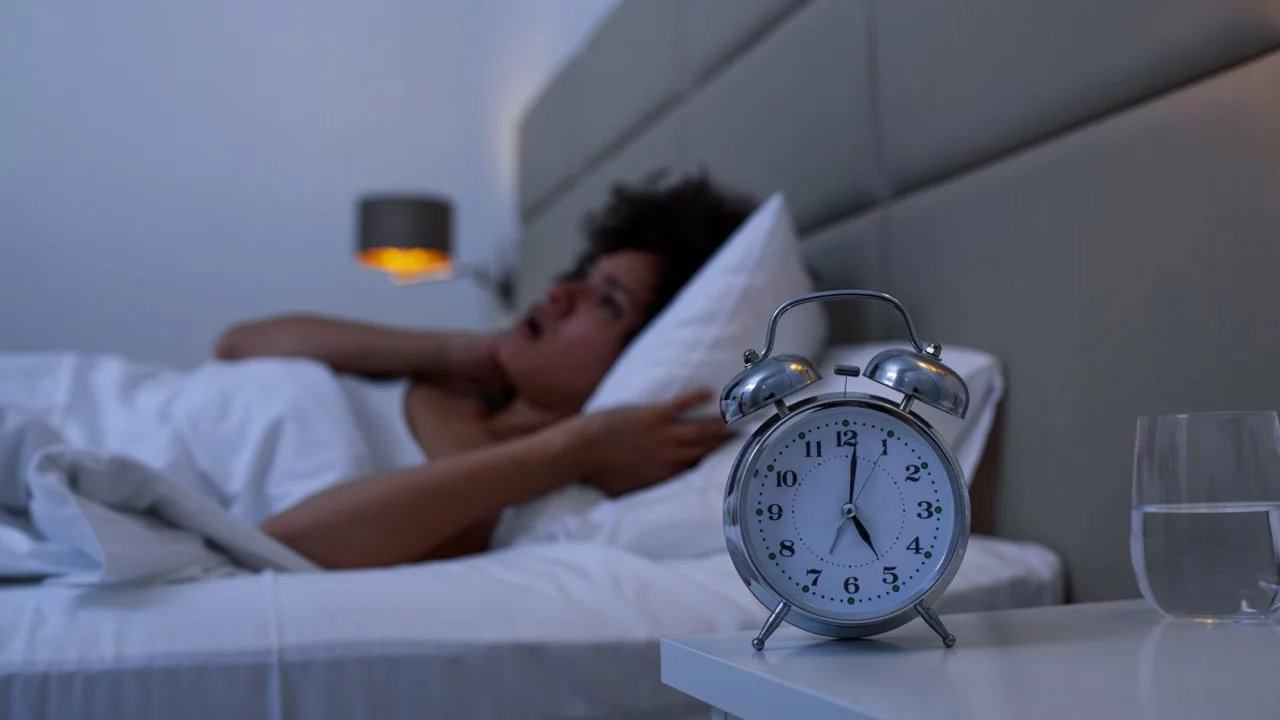Insomnia, Diet, and Caffeine: What We Published in August 2023
Want to know how your coffee habit might be wrecking your sleep? Our August post looked straight at that question: caffeine can delay sleep and reduce deep sleep, and timing matters more than you think. A 2013 clinical trial found that a caffeine dose taken six hours before bedtime cut total sleep time by more than an hour — so your afternoon pick-me-up could still be messing with you at night.
We kept the advice practical. First, understand how much caffeine you actually get: an 8-ounce brewed coffee has about 95 mg, espresso about 60 mg per shot, black tea roughly 40–50 mg, and many energy drinks fall between 80–160 mg. Chocolate and some painkillers also add caffeine. Knowing these numbers helps you spot hidden sources that add up during the day.
Fast, usable tips to improve sleep quality
Cut caffeine at least six hours before bedtime as a starting rule. If you go to bed at 11pm, stop caffeine by 5pm. If you’re sensitive, push that window to eight or more hours. Swap late-afternoon coffee for decaf or herbal tea. Try a small experiment for a week: skip caffeine after lunch and note how long it takes you to fall asleep and how rested you feel in the morning.
Watch naps. A short 20–30 minute nap can help afternoon energy without wrecking night sleep. Long naps late in the day increase sleep latency — meaning you’ll lie awake longer at night. Also, pair evening meals wisely: heavy spicy or very sugary dinners can disturb sleep. A light snack with protein and slow carbs (like yogurt and fruit) often helps if hunger wakes you.
Cutting caffeine without giving up focus
Want to reduce caffeine but hate the withdrawal headaches? Taper slowly. Drop one caffeinated drink every few days or mix decaf with regular coffee. Replace energy drinks with water, sparkling water, or green tea earlier in the day. If you rely on caffeine for alertness, improve sleep habits first: consistent sleep times, dimming lights an hour before bed, and a short wind-down routine boost daytime alertness without extra cups.
Not everyone responds the same. Genetics, stress, and medications change how long caffeine stays in your system. If you try the timing tips and still toss and turn, track your sleep for two weeks and bring your notes to a doctor or sleep specialist. Chronic insomnia can have causes beyond caffeine and diet, and a clinician can help untangle them.
August’s coverage was simple and practical: measure intake, cut afternoon caffeine, tweak meals and naps, and taper slowly if needed. Small changes often make the biggest difference for sleep quality. Want help making a plan that fits your routine? Our site has guides and trackers to try next.
Insomnia and Diet: The Impact of Caffeine on Sleep Quality

Alright folks, guess what I've been pondering over these days? The link between your coffee habit and those sheep you've been counting at night. The verdict? Caffeine absolutely does a number on your sleep quality! It's like inviting a rock band to perform in your brain when you're trying to snooze. So, if you're having a love affair with your espresso machine, it might be time to consider a break-up if you want to get some good winks in!
